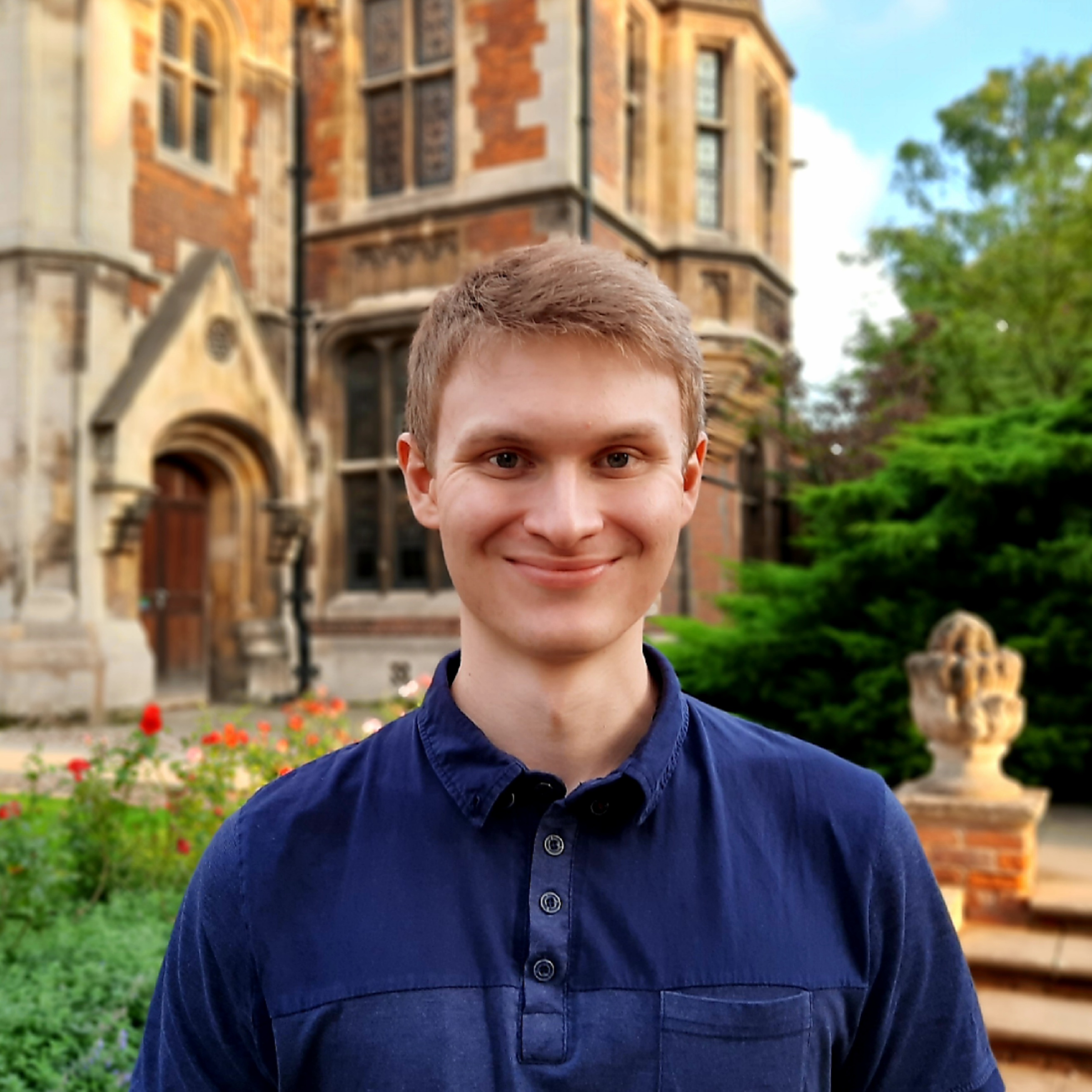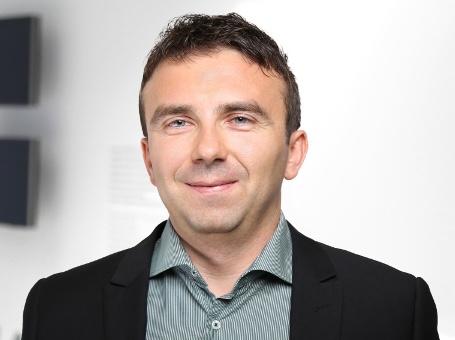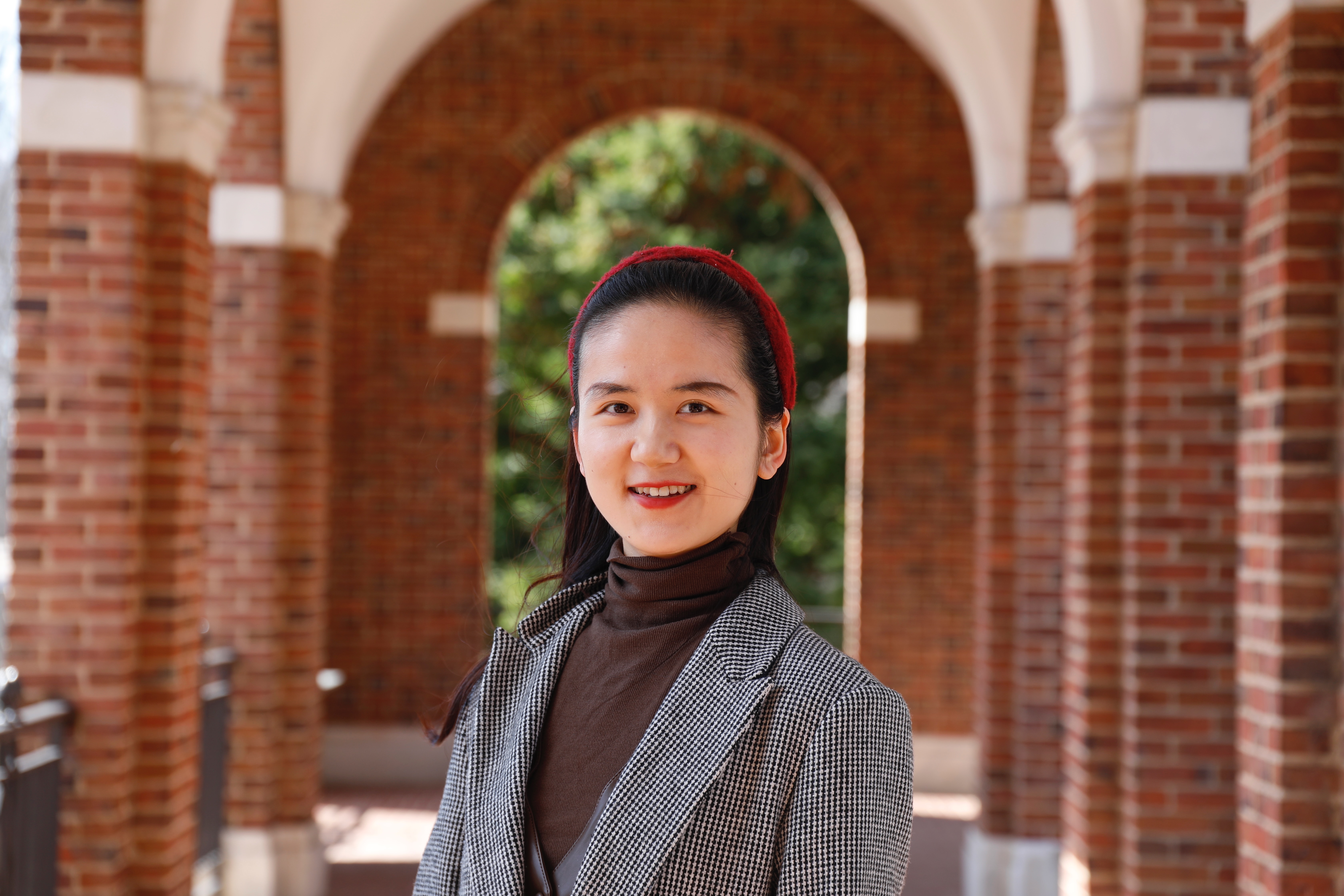Topics
The workshop will include theoretical topics on understanding model behavior, namely interpretability and explainability, but also scientific application areas such as weather and climate, healthcare, and material science (AI4Science). These topics are brought together to highlight how seemingly diverse applied scientific fields can leverage XAI for knowledge discovery.
A-priori (i.e., ante-hoc) interpretability and self-explainable models for understanding model’s behaviour
A-posteriori (i.e., post-hoc) interpretability and attribution methods for understanding model’s behaviour, including methods for evaluating the accuracy of post-hoc interpretability and attribution
Practical use of interpretability and explainability for knowledge discovery in
• 🌦️ Weather and climate science,• 🧪 Material science, and
• 🩺 Healthcare
Invited Talks

|
9:00 am - 9:30 am
Title: Generalizable Scientific Law Discovery in LLM Agents |

|
9:30 am - 10:00 am
Title: Visualizing and Understanding Multimodal Interactions |

|
1:30 pm - 2:00 pm
Title: Explainability Matters |

|
2:00 pm - 2:30 pm
Title: Trustable XAI for Healthcare |
Schedule
| TIME | EVENT & PRESENTERS |
|---|---|
| 8:50 am - 9:00 am | Opening Remarks |
| 9:00 am - 9:30 am | Invited talk I: Charles Cheung NVIDIA |
| 9:30 am - 10:00 am | Invited talk II: Paul Pu Liang MIT |
| 10:00 am - 10:20 am | Flash Talk I: overview of posters in Session I (accepted authors) |
| 10:20 am - 10:30 am | Contributed talk I: Alexander Owen Davies University of Bristol |
| 10:30 am - 12:00 pm | Poster Session I & Coffee Break |
| 12:00 pm - 1:30 pm | LUNCH BREAK |
| 1:30 pm - 2:00 pm | Invited talk III: Andrea Bertolini Scuola Superiore Sant'Anna |
| 2:00 pm - 2:30 pm | Invited talk IV: Hugues Turbé University of Geneva |
| 2:30 pm - 2:50 pm | Flash Talk II: overview of posters in Session II (accepted authors) |
| 2:50 pm - 3:00 pm | Contributed talk II: Yi Cao Johns Hopkins University |
| 3:00 pm - 4:30 pm | Poster Session II & Coffee Break |
| 4:30 pm - 5:00 pm | Panel Discussion |
| 5:00 pm - 5:10 pm | Closing Remarks |
Call for Submissions
Submission Guidelines
(2) Short Paper Track: 3-5 pages, excluding references and appendices.
Important Dates
| Workshop Date | January 27, 2026 |
Organizers

Gianmarco Mengaldo
National University of Singapore

Jiawen Wei
National University of Singapore

Christopher J. Anders
RIKEN-AIP

Krzysztof Kacprzyk
University of Cambridge

Abeba Birhane
Trinity College Dublin

Sara Hooker
adaption

Sebastian Lapuschkin
Fraunhofer Heinrich Hertz Institute
Program Committee

Wojciech Samek
Fraunhofer Heinrich Hertz Institute

Prasanna Balaprakash
PrimaLabs

Mihaela van der Schaar
University of Cambridge

Hugues Turbé
University of Geneva

